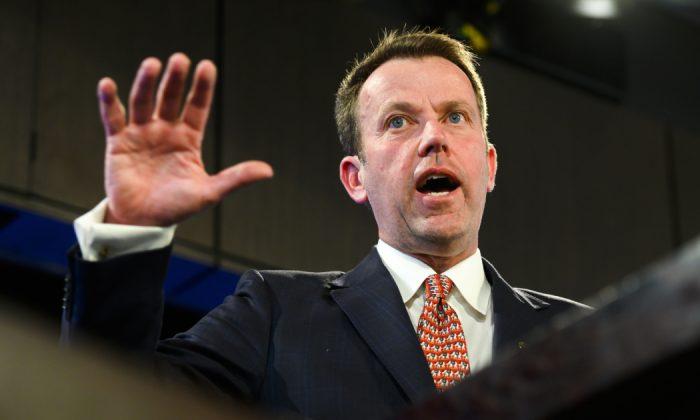Australia and India are set to ink an interim free trade deal in the next three weeks, which has been considered an important move in deepening trade relations and furthering Australia’s push for diversification.
The agreement precedes a Comprehensive Economic Cooperation Agreement (CECA) which is expected in 12-18 months and aims at boosting opportunities in both countries in various areas including education, agriculture, energy, tourism, infrastructure, mining, health, gems and jewellery, defence and textiles.
It comes after multiple rounds of negotiations between Australia and India over the last 11 years, with former prime minister Tony Abbott called in last year to aid the stalled negotiations.
The interim or early harvest trade agreement seeks to liberalise tariffs on the trade of certain goods or trading blocs between the two nations before the CECA is finalised.
The move is considered a milestone in the Australia-India trade relations as two-way goods and services trade reached $24.3 billion in 2020, almost doubles that of 13 years ago.
Australian Trade Minister Dan Tehan on Monday said the long-awaited free trade agreement with India would be critical for Australia as the country continues its diversification push following extensive export bans from China.
“We will continue to very strongly defend our exporters and the current actions that have been taken by China. In the meantime we will continue to find alternative markets,” he told ABC Radio on Feb. 21.
On Feb. 10, the minister called the deal “a potential game-changer in opening opportunities for both Australia and India“ and ”an important piece of our post-COVID economic recovery.”

Justin Brown, former Defence a former Department of Foreign Affairs and Trade official said last year that a deal with India would be a “huge win” for Morrison’s trade diversification agenda due to India’s large market, especially for commodity and services exports. However, he noted the challenge will be to “develop a package that is commercially meaningful.”
“More likely the early harvest will be populated from the respective country economic strategies, for example in trade facilitation issues such as fintech, investment promotion, critical minerals and skills, education and capacity-building.”
Brown added that “win-win outcomes” are likely, but “trade negotiations are hard-fought exchanges of concessions.”
“Brinkmanship is an inevitable part of them and, given what is at stake, it’s unlikely the current talks will be entirely smooth.”




